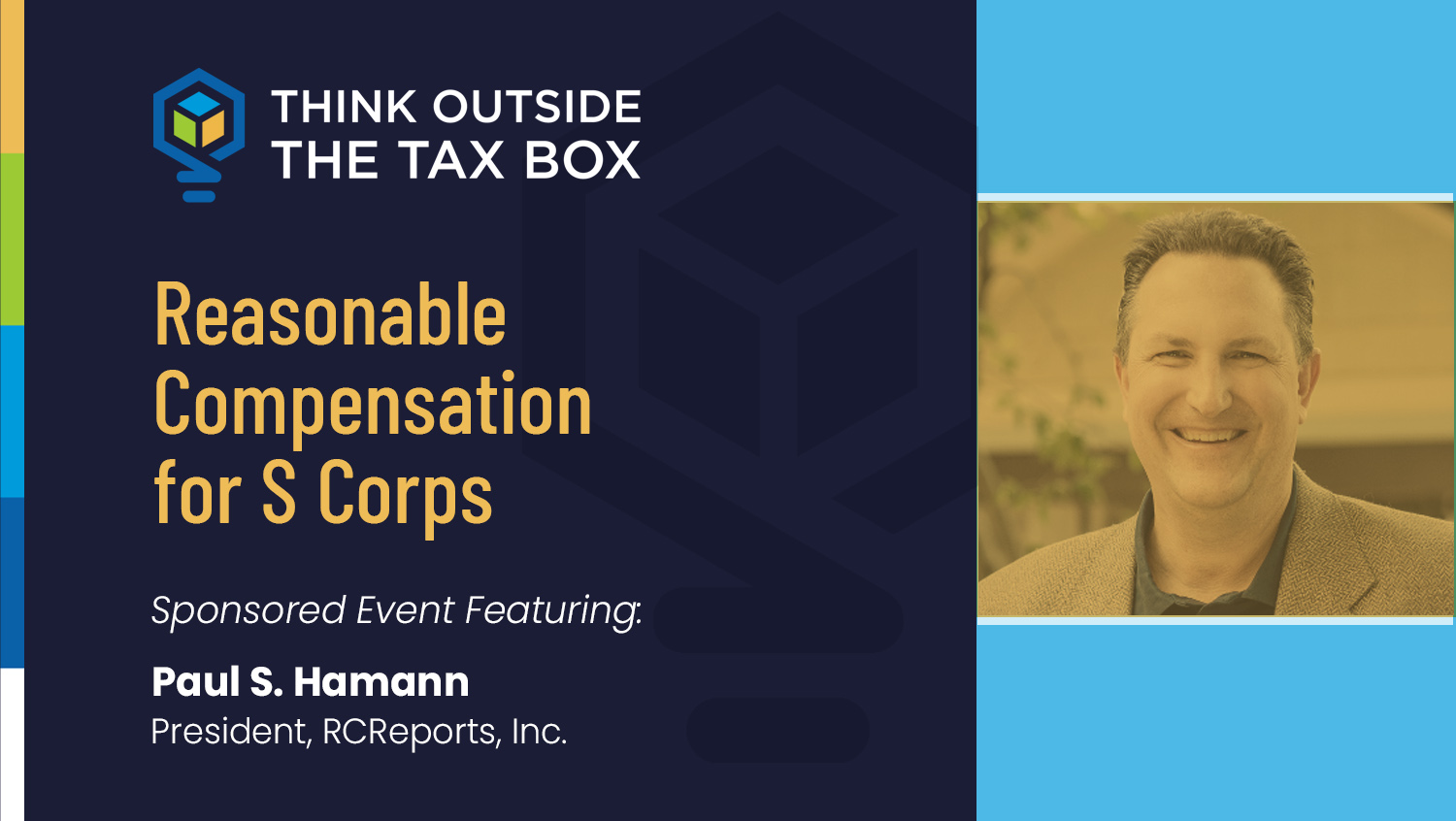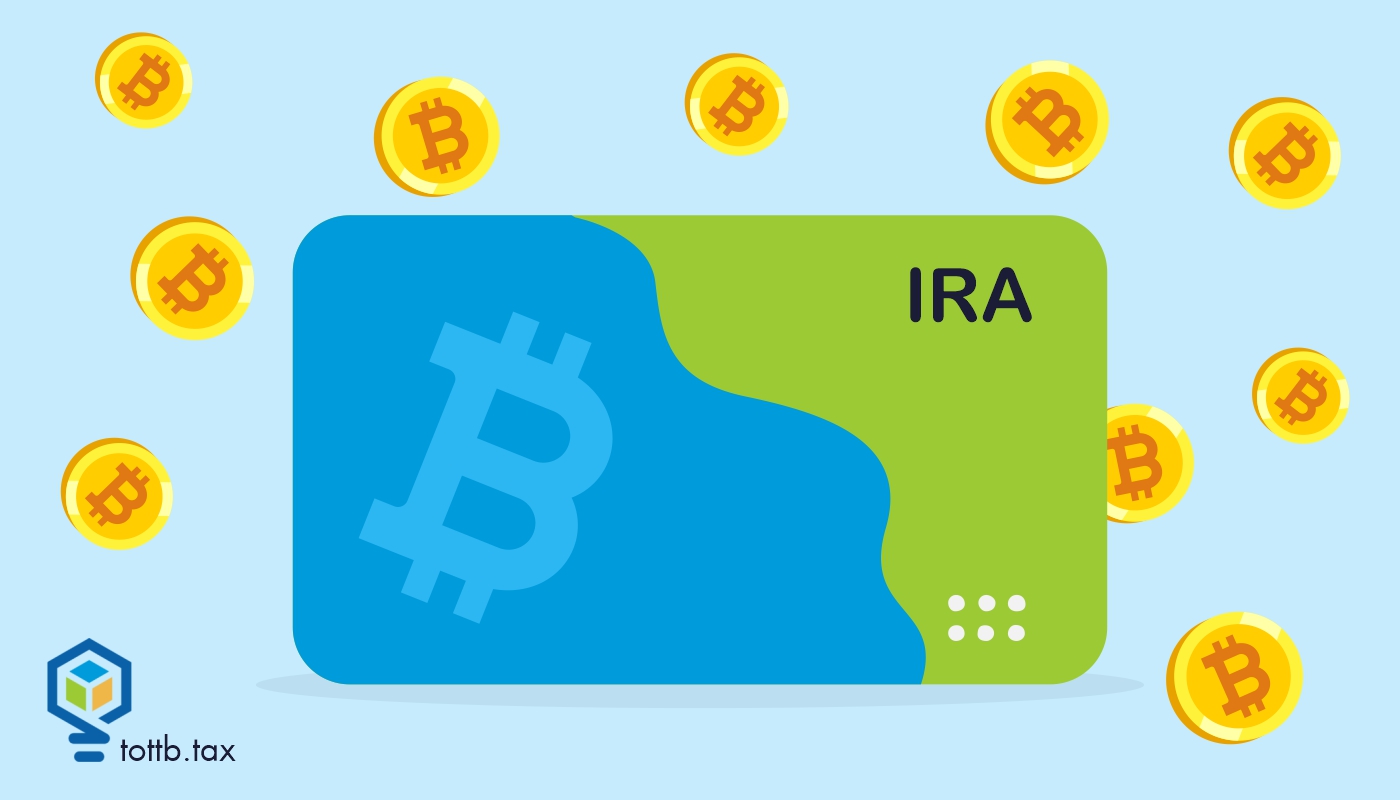CURRENT EDITION

The Benefits Your Military Veteran Clients Aren’t Using (And Why That’s a Planning Problem)
Why aren’t more veterans using the benefits they’ve earned? Part of the problem is awareness, and part of it is discomfort (for both veterans and advisors). After all, veteran benefits are rooted in service-connected health and trauma, placing them in a category that often feels more personal than financial. That alone can deter veterans from discussing their disability compensation and keep advisors from broaching the subject altogether. The result is financial plans that look optimized on paper but are built on incomplete assumptions and missed opportunities – opportunities that have been more than earned.
READ MOREInflation Reduction Act Clean Vehicle Credit
Get $7,500 when you buy your Telsa with this new tax credit. President Biden signed the Inflation Reduction Act (IRA) on August 16th, 2022, and the misinformation started circulating almost immediately. I’ve seen it, you’ve seen it, and this means that our clients have seen it as well. It’s our job to help them navigate these new laws to help them maximize their tax savings. Taxpayers have been able to save on their taxes by buying an electronic vehicle (EV) since 2008 . So, the tax savings are nothing new. How the tax savings work has been completely revised under the IRA. That’s where you come in as an expert advisor. The maximum credit for all clean vehicles is now $7,500. A new credit was even added under the IRA to make used EVs eligible for a tax credit. But here is the thing, battery size no longer matters. The assembly, production, and taxpayer income does matter. Not understanding the changes made to Section 30D can cost you and your client. Your client can pay an unexpected additional $7,500 at tax time and you lose a client. Or you can stay the hero, saving them $7,500. I want you to stay the hero so let’s look at the qualifications for the $7,500 under the Inflation Reduction Act.
Read MoreIRS Tech Targets S Corp Officer Compensation
The IRS is deploying technology and big data to combat compensation under-reporting. What does this likely mean for you and your S Corps? That Reasonable Compensation challenges will likely occur outside the traditional exam process. A challenge may come from the ongoing Employment Tax Program or the recently launched CIP. From our polling, we find most tax advisors and their S Corp clients are dangerously unprepared for an IRS reasonable compensation challenge. If you are working with S corps, here’s the news you need to know...
Read MoreIRS MATH ERROR NOTICES – WHAT ARE THEY AND WHY DOES IT MATTER?
The Internal Revenue Service (IRS) mission statement is to "provide America's taxpayers top quality service by helping them understand and meet their tax responsibilities and enforce the law with integrity and fairness to all." The IRS provides forms and instructions, publications, robust web-based resources, and other tools to help taxpayers prepare and file their tax returns – an exercise relished by few. But what happens after you file your tax return? For many, the IRS accepts their tax returns as filed and processes them quickly, which is the end of the process. Others get "post-filing" correspondence from the IRS. The IRS may need additional information to process your tax return or, worse, may examine your tax return (asking you to document some or all parts of the return). There's a middle ground where the IRS adjusts your tax return without the "courtesy" of requesting documentation first. These are the math error notices. Read on to discover more (including that it's not always about math).
Read MoreWay Out of State Tax on Student Debt Forgiveness
There was some rain on the parade of celebration of the student loan debt forgiveness. The Tax Foundation, perhaps with a touch of schadenfreude, announced that the forgiveness, not federally taxable due to recent legislation, might be taxable in as many as thirteen states. They have taken a closer look and backpedaled quite a bit. It is now down to four states Minnesota, Mississippi, North Carolina and Wisconsin and those are not for sure. But, there is likely another way out for many of the recipients of this boon. Keep reading to learn more!
Read MoreFully Funding Your HSA
It's 4th quarter, soon taxpayers will be reaching out to their trusted advisors. They will want to see what they can do last minute to save on taxes. There isn't much you can do at the end of the year. Still, these taxpayers will reach out expecting you to wave a magic wand and save them a few thousand dollars. Well, this year you may be able to do just that. Even if they have already maxed out their retirement accounts. Taxpayers are not restricted from using this strategy by income or self-employment. Are you ready to add this triple tax advantaged savings tool to your bag of resources?
Read MoreLive Event! Reasonable Compensation for S Corps Webinar
A TOTTB Live Webinar Event sponsored by our friends at RCReports! For two decades the IRS has been preparing an assault on reasonable compensation for S Corps. Their arsenal is now fully locked and loaded. In it, there is everything from commonsense tools to obscure memos. We will explore key court cases, IRS guidelines, preparer penalties and some of the obscure weapons the IRS has put in place. We debunk common myths and fiction on how reasonable compensation should be calculated and replace it with facts and methodologies that the IRS relies on.
Read MoreTax Disaster Relief – More Than Just Return Extensions
Evie and I withdrew from active tax practice in 2018, but she maintains a sort of family and friend's freebie practice using Drake. I help a little. We have been struggling with difficulty getting the information for one of our “clients” as we watch the ultimate October 15 deadline creeps up on us. She is in Florida in one of the counties covered by President Biden’s disaster declaration relative to Hurricane Ian. So it was sort of a relief to find out that we have another three months to get the return done. In this case it is not a huge benefit since interest will still clock if there turns out to be a balance due, since the payment was due on April 18. “Certain deadlines” falling on or after September 23, 2022 and before February 15, 2023 are postponed through February 15, 2023. Read on to learn more!
Read MoreIs a Self-Directed Crypto IRA a Good Idea?
Self-directed IRAs (SDIRAs) have long been a vehicle for less traditional investments that can't be held in a normal IRA, such as precious metals, real estate, or tax liens. Cryptocurrency is the newest addition to that list of alternative retirement savings and has exponentially grown in popularity in recent years. The rules governing SDIRAs are complex, and taxpayers can easily and unknowingly violate the rules, resulting in the entire IRA being deemed distributed and potentially subject to tax. As the famous adage says, "with great [investment] power comes great responsibility." Keep reading to learn more!
Read MoreNOT A MEMBER YET?

SUBSCRIBE TO GET ALL OF OUR
GREAT ARTICLES AND RESOURCES!
CURRENT EDITION

The Benefits Your Military Veteran Clients Aren’t Using (And Why That’s a Planning Problem)
Why aren’t more veterans using the benefits they’ve earned? Part of the problem is awareness, and part of it is discomfort (for both veterans and advisors). After all, veteran benefits are rooted in service-connected health and trauma, placing them in a category that often feels more personal than financial. That alone can deter veterans from discussing their disability compensation and keep advisors from broaching the subject altogether. The result is financial plans that look optimized on paper but are built on incomplete assumptions and missed opportunities – opportunities that have been more than earned.

Start the Year Right: Your WISP Doesn’t Have to Be a Tax Season Nightmare
The mere mention of a WISP makes most tax professionals want to suddenly lose their internet connection. It sounds bureaucratic, technical, and deeply unfun. But here’s the good news: creating and maintaining a WISP does not have to feel like a compliance root canal. And ignoring it can turn into something far worse than an IRS audit. Let’s talk about why you need one, what it’s actually supposed to do, and how to get it done without wrecking your sanity in the middle of filing season.

Fleeing High Tax States And The Stickiness Of Domicile
Part of preparing to leave a high state tax is facing up to the fact that the tax collectors of high-tax states can be kind of clingy. There is more to changing your residence for tax purposes than simple steps like a new driver’s license and a change in voter registration.









